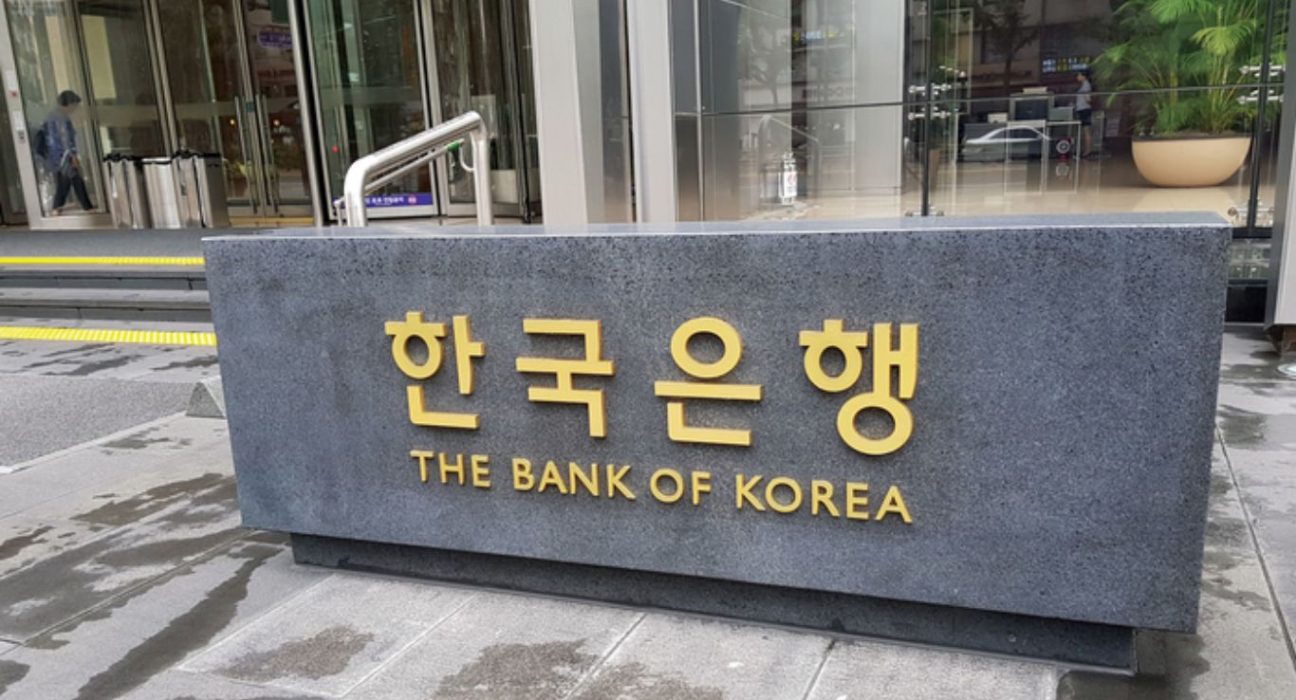Introduction
South Korea’s finance ministry unveiled a series of tax code revisions aimed at stimulating domestic growth and supporting key industries. The proposals, which include tax cuts to encourage companies to repatriate operations and bolstering the biopharmaceutical and visual entertainment sectors, seek to reduce the country’s reliance on traditional manufacturing industries. Additionally, the nation’s low birth rate is addressed through increased financial support for marriage, home-buying, and childcare subsidies. The proposed changes are estimated to reduce tax revenue by 471.9 billion won ($371.50 million) over the next five years. This article delves into the details of the 31 proposals and their potential implications on South Korea’s economy and society.
Tax Cuts to Promote Onshoring and Foster Key Industries
The South Korean finance ministry’s latest proposals focus on incentivizing companies to relocate their operations back to the country. By offering tax cuts, the government aims to encourage businesses to repatriate their activities, stimulating domestic economic growth. Moreover, the tax cuts aim to nurture and support emerging sectors such as the biopharmaceutical and visual entertainment industries, which have shown promising potential in contributing to the nation’s economic progress.
Addressing Demographic Challenges Through Financial Support
South Korea faces a serious demographic challenge with the world’s lowest birth rate. In response, the finance ministry’s proposed revisions include increasing financial support for marriage and home-buying. These measures are intended to alleviate some of the economic burdens associated with starting a family and owning a home, making it more feasible for young couples to take these important steps. Additionally, raising childcare subsidies aims to support working parents and create a more conducive environment for family growth.
Impact on Tax Revenue and Government Budget
The 31 proposed revisions to the tax code are estimated to reduce tax revenue by 471.9 billion won ($371.50 million) over the next five years. While this may seem like a significant reduction in government income, it is important to consider the potential long-term benefits. By promoting domestic growth and encouraging investments in emerging sectors, the government aims to create a more resilient and diverse economy that can generate sustainable revenue in the future.
Comparison with Previous Year’s Proposals
Last year’s tax proposals amounted to 13.1 trillion won, a significantly larger figure compared to this year’s 471.9 billion won. The disparity can be attributed to the previous proposals’ broader scope and magnitude, which covered various sectors and initiatives. However, last year’s proposals faced challenges in parliament approval due to opposition party resistance. This year’s more targeted and industry-specific proposals may have a higher chance of successful implementation.
Potential Challenges and Opposition
While the proposed tax cuts and incentives aim to drive economic growth and address demographic issues, they may face resistance and criticisms from different groups. Some may argue that reducing tax revenue could hinder the government’s ability to fund essential public services and infrastructure projects. Additionally, opposition parties may scrutinize the distribution of financial support for marriage and home-buying, raising concerns about fairness and transparency.
Fostering Innovation and Job Creation
The emphasis on supporting the biopharmaceutical and visual entertainment industries reflects the government’s commitment to nurturing innovation and generating new employment opportunities. These sectors are known for their high-growth potential and capacity to attract foreign investment. By investing in these industries, South Korea aims to position itself as a global leader in cutting-edge technology and creative content.
Balancing Economic Growth and Social Welfare
As South Korea strives to bolster its economy and address demographic challenges, finding the right balance between economic growth and social welfare becomes crucial. While tax cuts and incentives can stimulate businesses and promote innovation, ensuring that these measures also benefit the broader population, particularly the middle and lower-income segments, is paramount to achieve inclusive growth.
Conclusion
South Korea’s finance ministry has put forth 31 proposals to revise the tax code, with the aim of boosting domestic growth, encouraging businesses to relocate back home, and supporting critical industries. The government’s focus on addressing demographic challenges through increased financial support for marriage, home-buying, and childcare subsidies underscores its commitment to building a stronger and more resilient society. As these proposals move through the parliamentary approval process, the nation awaits their potential impact on the economy and society at large.










